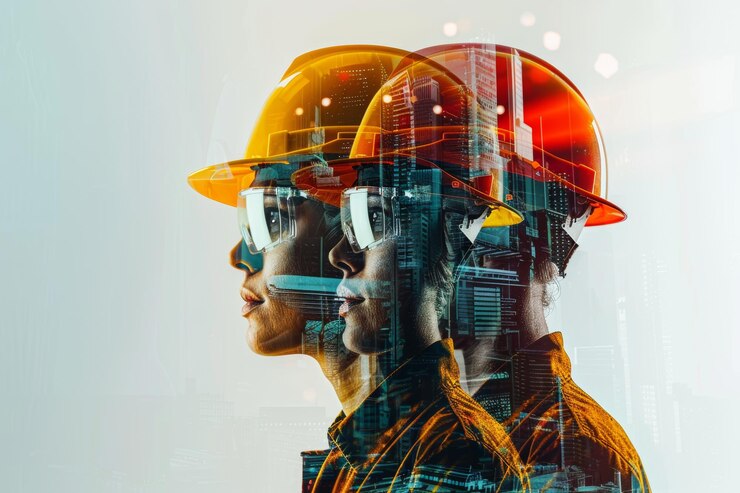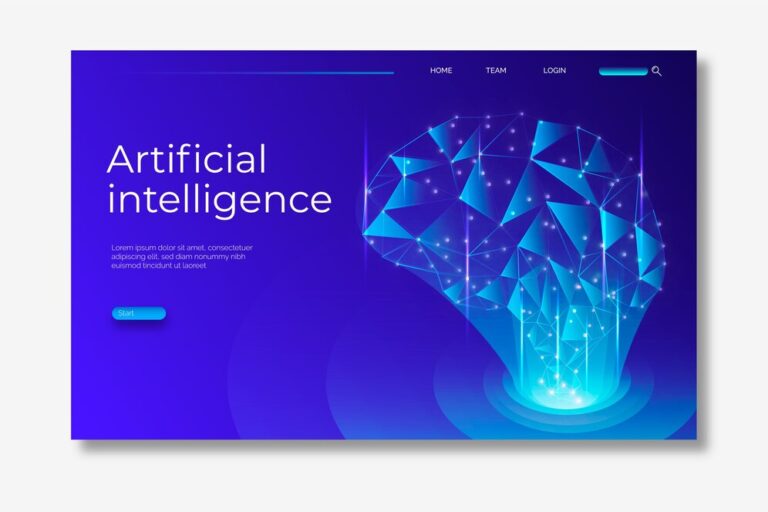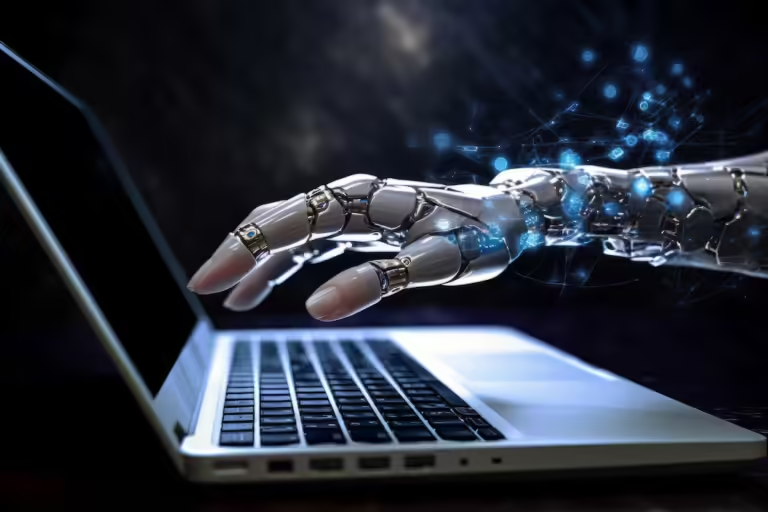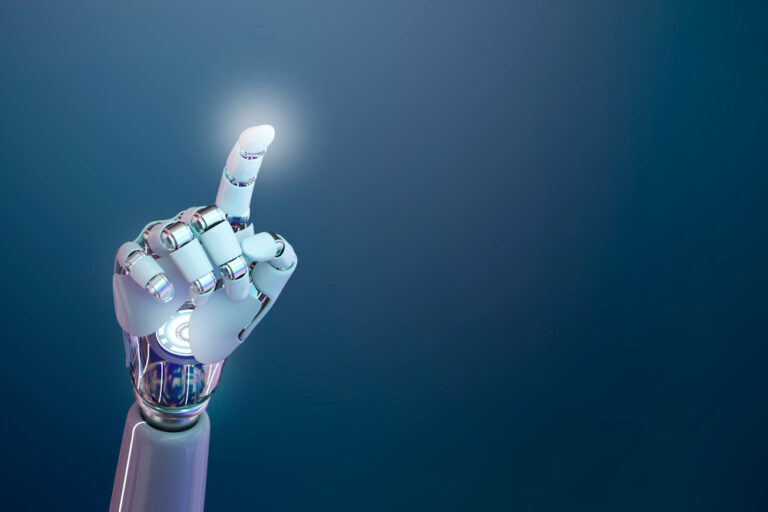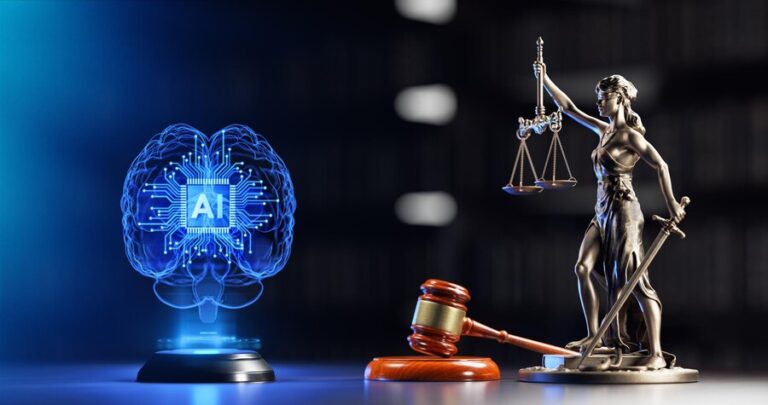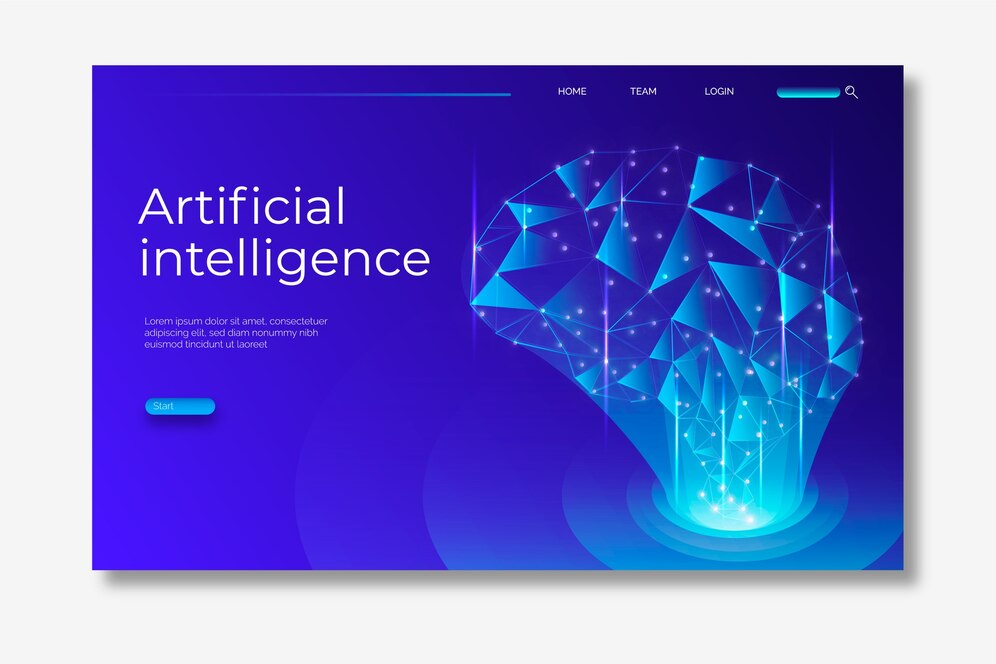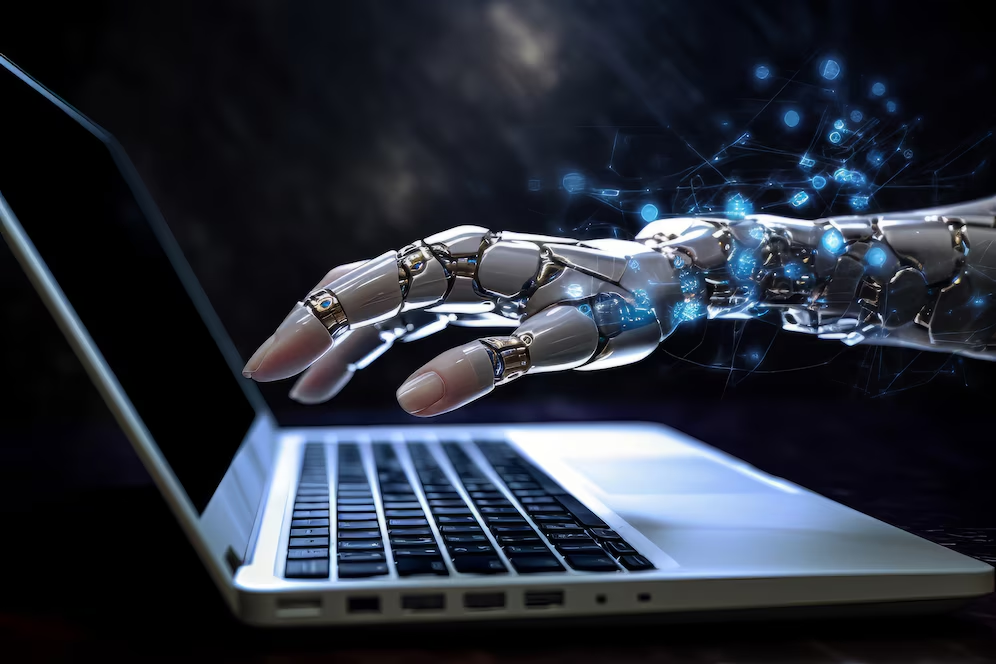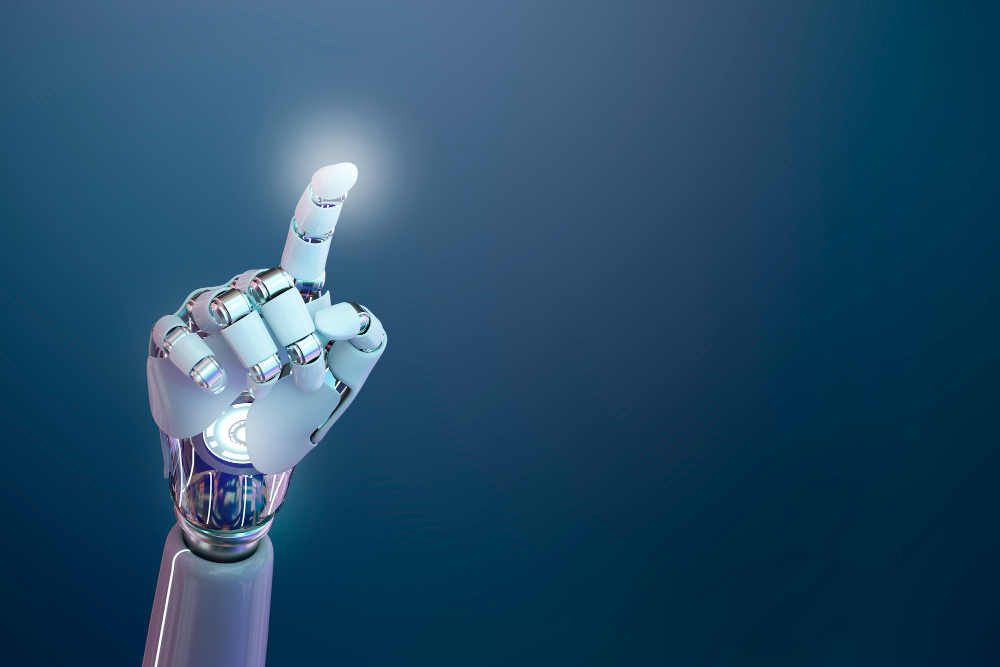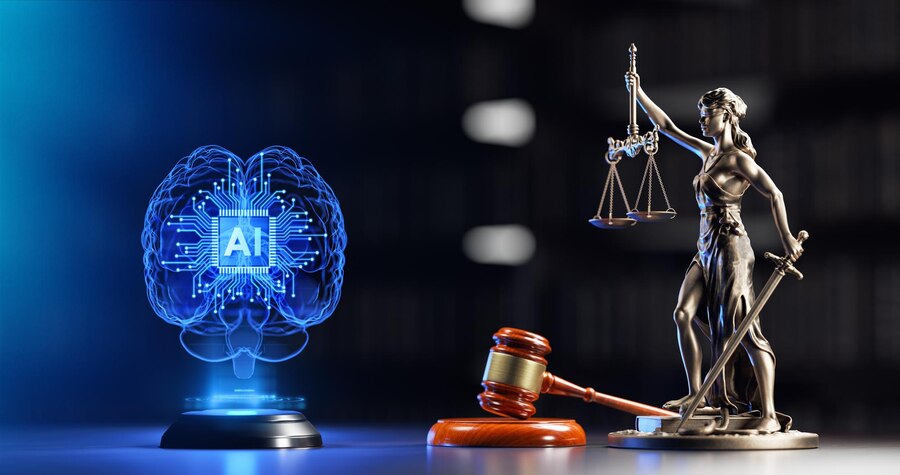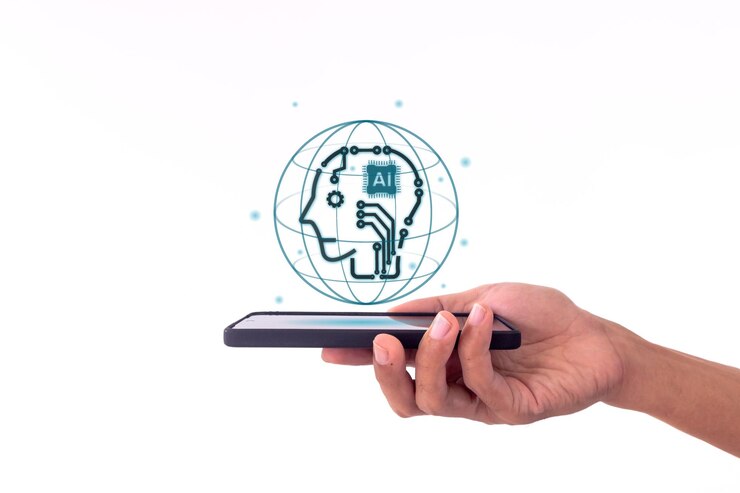Artificial Intelligence (AI) technologies, such as ChatGPT, Siri, and Alexa, have captivated the world with their transformative capabilities. As these technologies continue to evolve, they are set to revolutionize various industries, including construction—one of the least digitalized sectors globally. AI’s potential in construction is immense, offering opportunities to enhance efficiency, improve quality, boost performance, and increase safety on construction sites.
According to McKinsey, the construction industry, valued at over $10 trillion annually, accounts for about 13% of global GDP. By embracing digital transformation, the industry could potentially increase its market value by an additional $1.6 trillion per year, making it one of the largest sectors in the global economy. By 2026, the AI in construction market is expected to generate revenues of approximately $2.64 billion, highlighting its growing significance.
Understanding AI in Smart Construction
AI and machine learning are reshaping the construction landscape, impacting every stage of the process, from design and planning to operations and asset management. These technologies are driving significant improvements in terms of time, cost-effectiveness, and quality, particularly in the design and planning phases.
AI in construction management is enhancing safety, speed, accuracy, and efficiency across various operations. For example, AI solutions enable companies to proactively monitor job sites for potential hazards, addressing critical issues before they escalate into accidents. Machine learning (ML) can analyze vast datasets to optimize designs for energy efficiency and cost savings, while robotic process automation (RPA) can improve the speed and quality of construction tasks.
In essence, AI is revolutionizing how construction businesses design, execute, and manage projects. As AI adoption continues to grow, it becomes increasingly vital for companies to integrate these technologies to maintain a competitive edge.
Leading the Way: AI Adoption in the European Construction Market
Europe is poised to lead the adoption of AI in construction, driving growth in the global construction industry. By embracing digital transformation, all stakeholders—contractors, owners, and service providers—can benefit from this technological shift. While the construction industry is still in the early stages of AI adoption, companies that proactively upgrade their technology and embrace AI solutions will gain a significant competitive advantage.
Generative AI is particularly transformative in the construction industry, enabling architects and engineers to explore a wide range of innovative design possibilities. By analyzing large datasets, generative AI algorithms can create multiple design alternatives, each optimized for efficiency, sustainability, and cost-effectiveness. This not only speeds up the design process but also allows for more creative and precise solutions, significantly enhancing the quality and outcomes of construction projects.
Use Cases and Applications of AI in Construction Management
AI and construction are increasingly becoming intertwined, with AI playing a crucial role in modern engineering and construction. AI helps the industry tackle its most significant challenges, including cost overruns, safety issues, and delays. From the inception of a project through design, bidding, financing, construction, and asset management, AI can be leveraged at every stage.
Planning and Designing
AI-powered Building Information Modeling (BIM) is transforming how architects, engineers, and construction professionals create 3D models for efficient planning, design, construction, and maintenance of buildings and infrastructures. Using machine learning, AI enables generative design, facilitating collaboration among architects, engineers, and other professionals to avoid conflicts and rework, thereby reducing risks.
AI and machine learning in construction allow for the exploration of various design solutions, iterating through different models to achieve the optimal design. This iterative process ensures the creation of flawless designs, enhancing the overall quality of construction projects.
Monitoring Site Progress
Construction companies can utilize AI-powered robots equipped with cameras to capture 3D images of construction sites. These images can be cross-referenced with BIM data and the bill of materials using neural networks, helping engineers track progress, identify quality issues early, and monitor financial information and schedules.
The integration of robotics and AI ensures that construction projects are delivered with high quality while minimizing costs and time.
Efficient Fleet Management
AI and the Internet of Things (IoT) are revolutionizing fleet management in construction. AI-driven metrics and IoT enable real-time tracking of equipment and vehicles, predictive maintenance, and monitoring of fuel and battery levels. This helps construction companies predict equipment breakdowns and address issues proactively, leading to significant time and cost savings.
Risk Mitigation
Construction sites are inherently risky, with potential hazards related to safety, quality, delays, and cost overruns. The complexity of large projects, often involving multiple subcontractors working simultaneously, increases these risks. AI and ML solutions allow contractors to monitor and mitigate risks, prioritizing issues such as unsafe scaffolding, waterlogging, and inadequate protective equipment. By focusing on high-risk areas, AI empowers contractors to address safety concerns proactively, enhancing overall project safety.
Addressing Labor Shortages
The construction industry faces a chronic labor shortage due to the high-risk and physically demanding nature of the work, leading to a high turnover rate. AI-powered robots help project managers oversee real-time situations and resource needs across multiple job sites, allowing for the strategic allocation of labor where it is needed most.
For example, AI-powered robots like Spot the Dog conduct nightly scans of job sites, providing valuable data on progress and resource requirements. This technology increases productivity, particularly in remote areas where skilled labor may be scarce.
Predictive Analytics
AI algorithms analyze data from sensors, IoT devices, and historical project data to provide predictive analytics, enabling construction companies to anticipate and address potential issues before they become problems. This proactive approach improves project planning, enhances worker safety, and supports better decision-making.
According to McKinsey, implementing predictive maintenance strategies can reduce machine downtime by 30-50% and extend machine life by 20-40%, demonstrating the substantial benefits of AI-driven predictive analytics in construction.
Challenges of AI Implementation in Construction
While AI offers numerous benefits, its implementation in construction comes with challenges. Understanding these challenges can help companies better prepare and overcome them, ensuring successful AI integration.
High Initial Investment
Implementing AI in construction requires substantial investment in technology, infrastructure, and training. High costs associated with purchasing AI tools, integrating them into existing systems, and training employees can be a significant barrier, particularly for small to medium-sized construction firms.
Data Management and Quality
AI relies heavily on data to function effectively. Construction companies often face challenges related to data collection, storage, and management. Ensuring the accuracy and quality of data is crucial, as poor data can lead to inaccurate predictions and decisions. Companies must invest in robust data management systems and practices to overcome this challenge.
Resistance to Change
The construction industry has traditionally been slow to adopt new technologies. Resistance to change among workers and management can hinder the implementation of AI solutions. Overcoming this resistance requires education, training, and demonstrating the tangible benefits of AI.
Cybersecurity Concerns
As construction companies become more reliant on digital tools and AI, they become vulnerable to cyber threats. Protecting sensitive project data and ensuring the security of AI systems is paramount. Companies must invest in strong cybersecurity measures to safeguard against data breaches and cyberattacks.
Ethical Considerations
AI in construction raises ethical questions, particularly regarding job displacement. As AI and automation take over certain tasks, there is concern about the impact on employment. Companies must consider the ethical implications of AI adoption and explore ways to balance technology use with human employment.
The Benefits of AI in Smart Construction
Despite the challenges, the benefits of AI in construction are substantial, offering solutions to many of the industry’s longstanding issues.
Improving Job Site Productivity
AI technologies, such as self-driving machinery, automate repetitive tasks like pouring concrete, welding, bricklaying, and demolition. These tasks are performed with precision according to specifications, freeing up human workers for more complex construction work. This automation reduces time and minimizes the risks associated with these tasks.
Project managers can use AI technologies, including facial recognition and onsite cameras, to monitor worker productivity and track job site activities in real-time, further enhancing efficiency.
Enhancing Project Design
AI significantly enhances project design by analyzing vast amounts of data to identify patterns, optimize layouts, and suggest improvements. This allows architects, engineers, and designers to streamline the design process, improve efficiency, and develop more innovative structures.
AI-powered design tools can simulate different scenarios, assess structural integrity, and evaluate energy efficiency, supporting informed decision-making and reducing the risk of design flaws. The integration of generative AI into the design process results in more efficient, cost-effective, and sustainable construction projects.
Data Collection and Analysis
AI solutions in construction, such as camera-enabled robots and autonomous equipment, collect data in various formats. By inputting this data into a deep neural network, the system can classify and analyze the project’s progress from multiple perspectives, identifying errors or issues early on to prevent significant problems later.
Efficient Land Surveying
AI technologies, including drones, Geospatial Information Systems (GIS), and Geospatial AI (GeoAI), enable detailed land surveys and aerial photography of job sites, enhancing project management. These technologies provide real-time data on project progress and potential issues, supporting more effective decision-making.
Automating Project Management
Manual construction management is often tedious, time-consuming, and prone to errors. AI in construction project management automates repetitive tasks, minimizing errors and freeing up time for more critical activities. AI can allocate tasks based on employee data, optimizing workflows and allowing workers to focus on their specialized areas, thereby improving overall productivity.
The Future of AI in Construction
The future of AI in construction promises a transformative shift, with robots and cobots (collaborative robots) working alongside human workers. Robots will handle repetitive tasks autonomously, while cobots will operate with minimal guidance, speeding up the construction process, reducing costs, enhancing safety, and improving efficiency. This shift will also revolutionize operational efficiency, redefining business models and minimizing costly errors in construction.
By adopting AI solutions early, construction companies can drive growth and gain a competitive advantage. Embracing digital transformation enables business leaders to pave the way for future success, maximizing the benefits of AI in construction.
Partnering with AI Experts for Smart Construction
To fully harness the potential of AI in construction, companies should consider partnering with experts who specialize in AI solutions tailored to the industry’s unique needs. Leading AI development firms, such as Appinventiv, offer expertise in planning, designing, and implementing AI solutions for construction projects.
With a deep understanding of the industry and a team of experienced professionals, Appinventiv provides IT consulting services to help construction companies leverage AI technologies, driving efficiency, safety, and innovation. By partnering with experts, construction companies can embark on a transformative journey toward a smarter, more sustainable future.
AI’s Role in Sustainable Construction
Sustainability is a growing concern in the construction industry, and AI plays a critical role in advancing sustainable practices. By optimizing resource use, reducing waste, and improving energy efficiency, AI contributes to more sustainable construction processes. AI-driven design tools can create energy-efficient buildings, reducing the carbon footprint of construction projects.
Additionally, AI can monitor environmental conditions on construction sites, ensuring compliance with environmental regulations and minimizing the impact on local ecosystems. By integrating sustainability into construction practices, AI helps companies meet regulatory requirements and achieve long-term environmental goals.
Enhancing Safety with AI
Safety is a top priority in construction, and AI offers significant advancements in enhancing safety on job sites. AI-powered surveillance systems can detect potential hazards, such as unsafe scaffolding, open trenches, and exposed electrical wires, alerting workers and supervisors to take immediate action. Wearable devices equipped with AI can monitor workers’ health and safety, detecting signs of fatigue or distress and preventing accidents.
AI can also analyze historical accident data to identify patterns and predict potential safety issues, enabling companies to implement preventive measures. By proactively addressing safety concerns, AI helps reduce the risk of accidents, ensuring a safer work environment for construction workers.
Conclusion
AI is revolutionizing the construction industry, offering solutions to some of its most significant challenges, including cost overruns, safety issues, and inefficiencies. By integrating AI technologies, construction companies can enhance productivity, improve design quality, streamline project management, and mitigate risks. As the industry continues to evolve, early adoption of AI will be key to staying competitive and maximizing the benefits of this transformative technology. With the right expertise and a strategic approach, construction companies can unlock the full potential of AI, driving innovation and growth in the sector.

